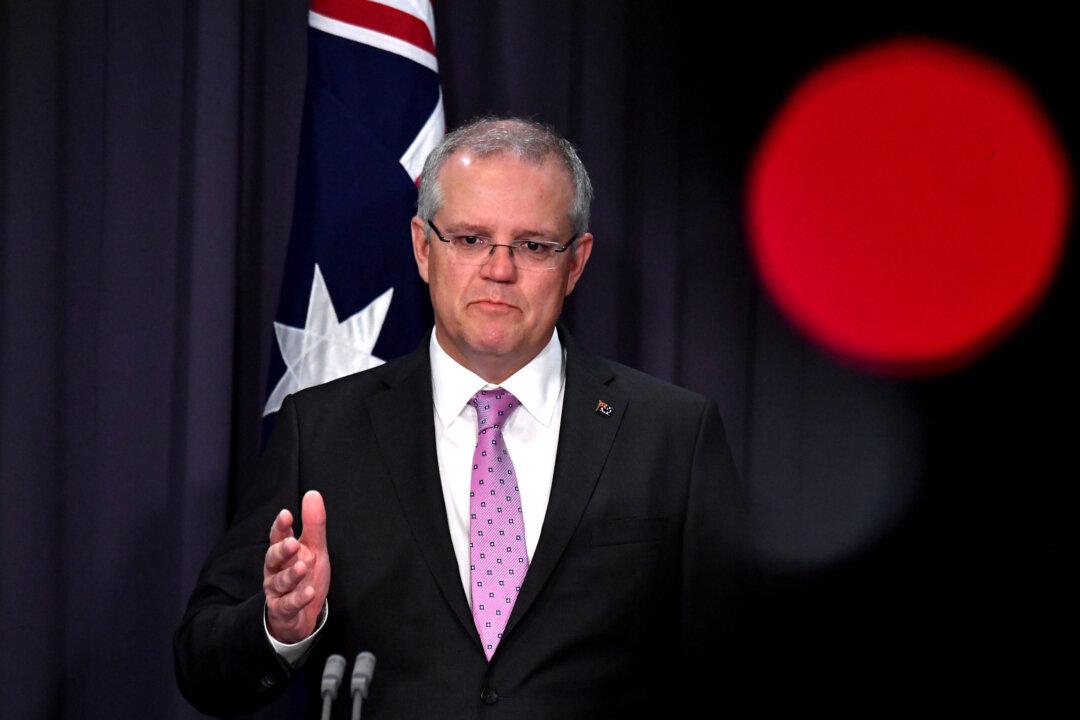Prime Minister Scott Morrison announced on Nov. 21 that Australia will not sign the United Nations global migration deal, saying that it would not benefit the country and would compromise Australia’s national interests and border security.
Morrison said the U.N.’s deal—also known as the Global Compact for Migration—did not distinguish between “people who enter Australia illegally and those who come to Australia the right way, particularly with respect to the provision of welfare and other benefits.”




